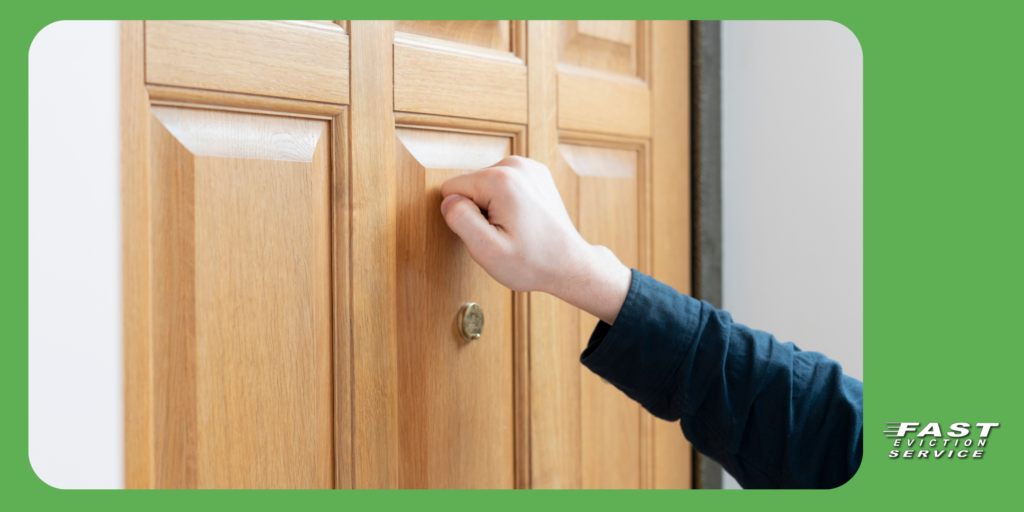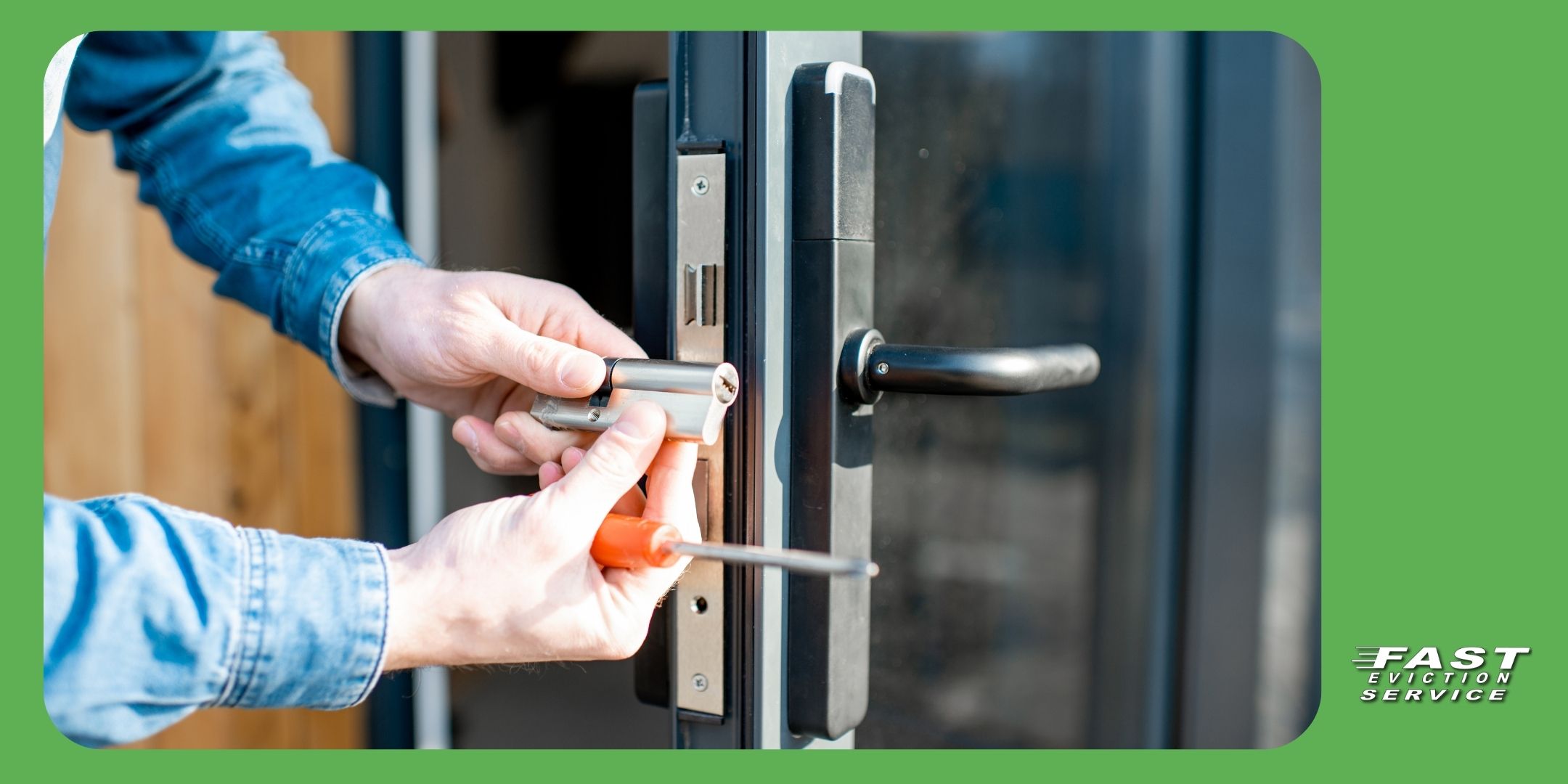Updated 03/10/25
As a landlord in California, maintaining your rental property is essential. But can you enter the unit whenever you want? The answer is no—California has strict tenant protection laws, and landlords must follow specific guidelines before accessing a rental unit.

In this article, we’ll break down:
- When you can enter a rental property without tenant permission.
- Landlord notice to enter rules and legal requirements.
- What to do if a tenant refuses entry.
By understanding these laws, landlords can protect their rights while staying compliant with California regulations.
Understanding Landlord Rights in California
California’s landlord-tenant laws prioritize tenant privacy while allowing landlords reasonable access for maintenance and inspections. The California Civil Code § 1954 outlines when and how a landlord can enter a rental property.
Landlords cannot enter without a valid reason and proper notice, except in emergencies or legal situations. Violating these laws can result in legal penalties and even lawsuits from tenants.
When Can a Landlord Enter Without Permission?
There are only a few cases where landlords can legally enter without prior tenant permission:
Emergency Situations
Landlords can enter immediately if there’s:
- A fire or major water leak.
- A gas leak or electrical hazard.
- A medical emergency where the tenant is unresponsive.
Court-Ordered Entry
If a landlord gets a court order (such as for an inspection in an eviction case), they can enter without tenant permission.
Abandonment or Lease Violations
If a tenant abandons the property (stops paying rent and leaves), the landlord can enter to secure the unit. Entry may also be allowed if a lease violation requires an inspection.
Landlord Notice to Enter: Legal Requirements
For non-emergency entries, landlords must provide:
Standard Notice Period
- 24-hour written notice (California Civil Code § 1954).
- 48-hour notice for move-out inspections.
How to Deliver Notice
- Personally deliver to the tenant.
- Mail to the rental unit.
- Email or text (only if the lease allows).
Valid Reasons for Entry with Notice
- Repairs or maintenance
- Routine inspections
- Showing the unit to new tenants or buyers
Tenant Refusal: What Happens if a Tenant Says No?
Can Tenants Legally Deny Entry?
Yes, tenants can refuse entry if:
- The notice was not delivered properly.
- The landlord’s reason for entry is invalid.
What Can Landlords Do If Entry Is Denied?
- Try to resolve the issue with the tenant first.
- Send a second notice clarifying the legal right to enter.
- If necessary, take legal action to enforce entry rights.
Eviction as a Last Resort
If a tenant consistently denies entry without legal grounds, they may be violating their lease. In extreme cases, landlords can issue a Notice to Perform or Quit, which may lead to eviction.
Best Practices for Landlords to Avoid Legal Issues
- Always provide proper notice.
- Communicate professionally and in writing.
- Document entry attempts and tenant responses.
- Respect tenant privacy to maintain good relations.
By following these steps, landlords can protect their property while avoiding tenant disputes.
Frequently Asked Questions
Can I enter my rental property if the tenant isn’t home?
Yes, if you’ve given proper landlord notice to enter and the reason is legal, you can enter even if the tenant is away.
What happens if a tenant refuses to let me in for an inspection?
Try to communicate and explain your rights. If they continue refusing, you may need legal action.
Can I enter to take photos if the tenant is moving out?
Yes, with proper notice, you can enter to take listing photos or show the unit to new tenants.





